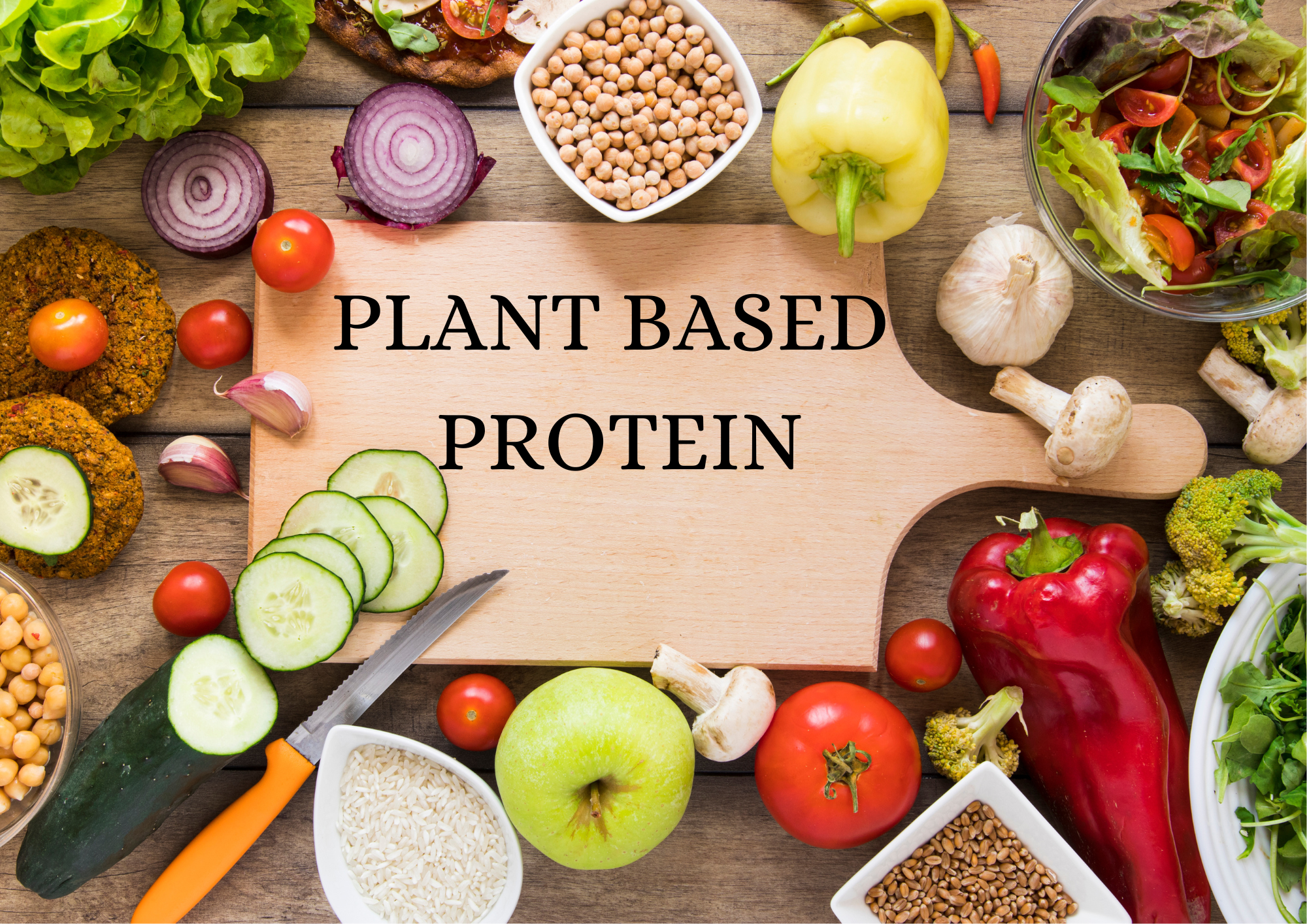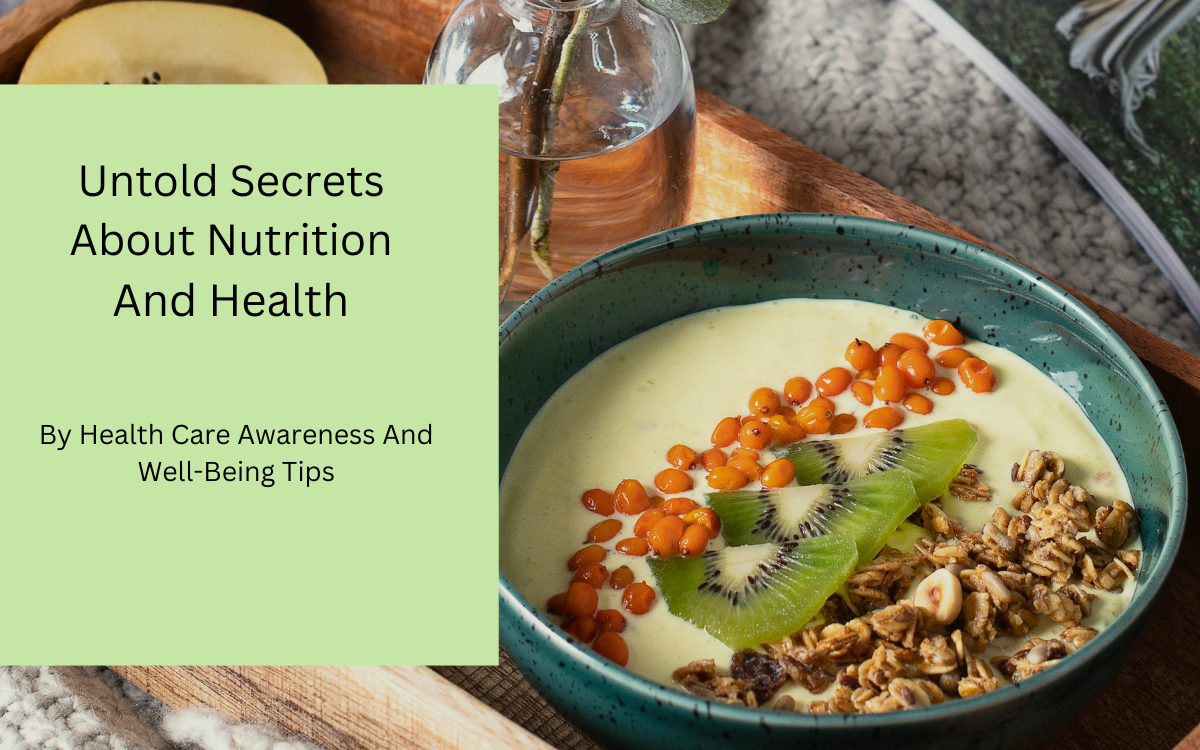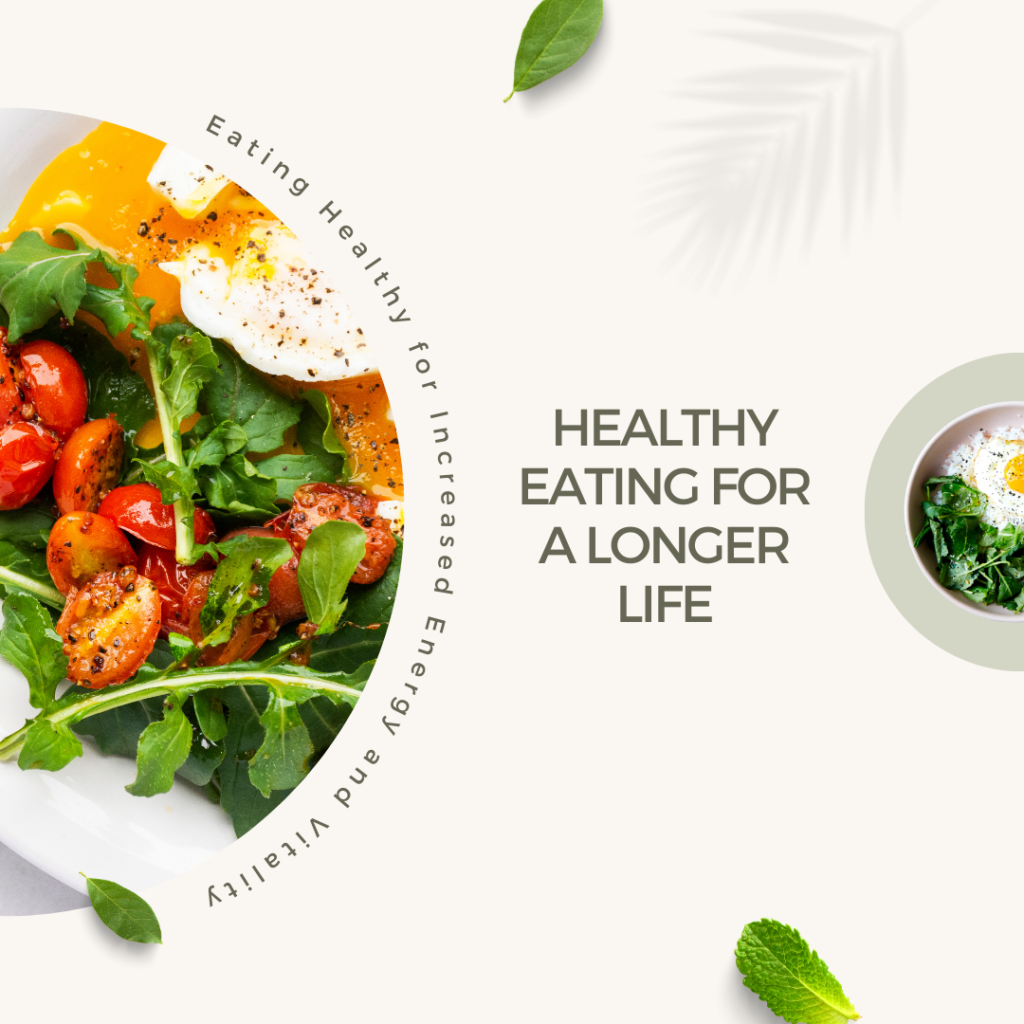
Plant-based eating is an incredible example of health and vitality in a world full of dietary fads and crazes. However, what does it really include, and why is it becoming so popular? Step into the world of plant-based eating, where each meal is an occasion to celebrate health and life. The vibrant colors of fruits and vegetables call in this magical world, offering not just body food but also nourishing your health. Come along as we set out to discover the benefits of a plant-based diet and the keys to longevity and energize that are hidden in the abundance of nature.
Table of Contents
Knowing About Plant-Based Diet
The main idea behind plant-based nutrition is to eat mostly or only meals that are derived from plants. This entails minimizing or avoiding animal products and filling your plate with colorful fruits, vegetables, whole grains, legumes, nuts, and seeds. Adopting this vegetative diet will flourish your body with the necessary nutrients while also improving the sustainability of the world.
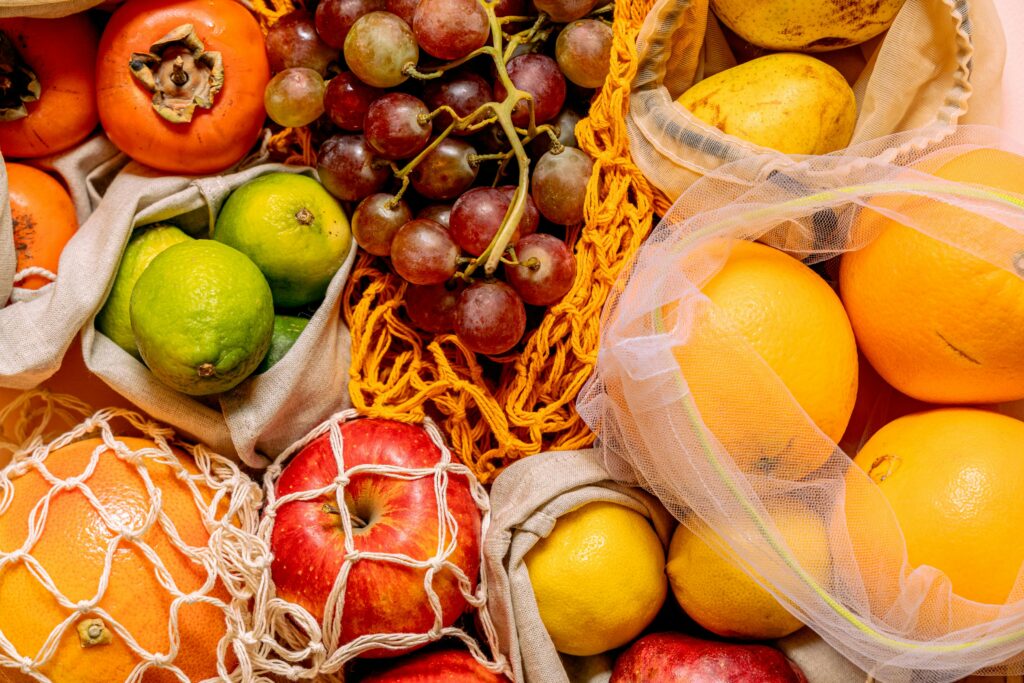
Nutrient-Rich Goodness
Foods derived from plants are a rich source of nutrients that are necessary for many body processes. A variety of nutrients, from calcium in leafy greens to vitamin C in citrus fruits, is just waiting to fuel your body. You can guarantee that your diet has a wide range of nutrients that support your body’s optimum health and well-being by including a variety of herbal meals.
Examples of Plant-Based Foods
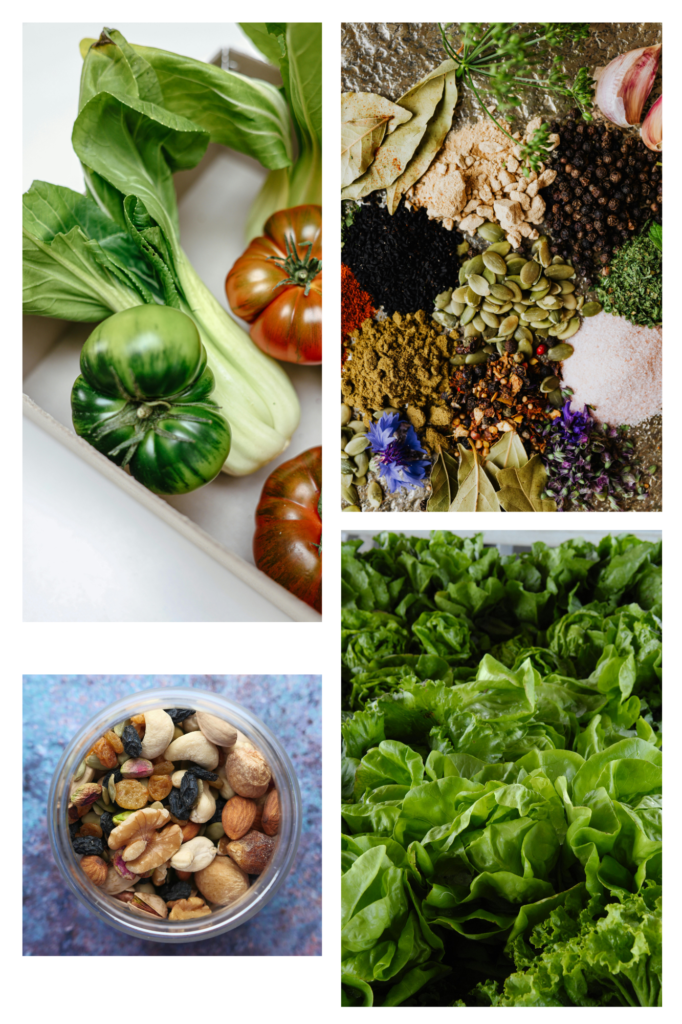
Leafy greens: collard greens, spinach, kale, and Swiss chard.
Whole Grains: whole wheat pasta, barley, quinoa, brown rice, and oats.
Legumes: Navy beans, kidney beans, and black beans.
Fruits : oranges, mangoes, bananas, berries, apples, and grapes.
Nuts and Seeds: pumpkin seeds, flaxseeds, chia seeds, walnuts, and almonds.
Plant-based dairy substitutes : cashew cheese, coconut yogurt, almond milk, and soy milk.
Brussels sprouts, bell peppers, carrots, broccoli, cauliflower, and sweet potatoes are examples of vegetables.
Sources of Plant-Based Protein
Plants provide a wide variety of protein alternatives that can help with muscle growth and repair, despite popular assumptions. Soybeans, tofu, and legumes are great sources of vegan protein. You can satisfy your protein demands without using animal products by including a range of vegan foods high in protein in your meals.
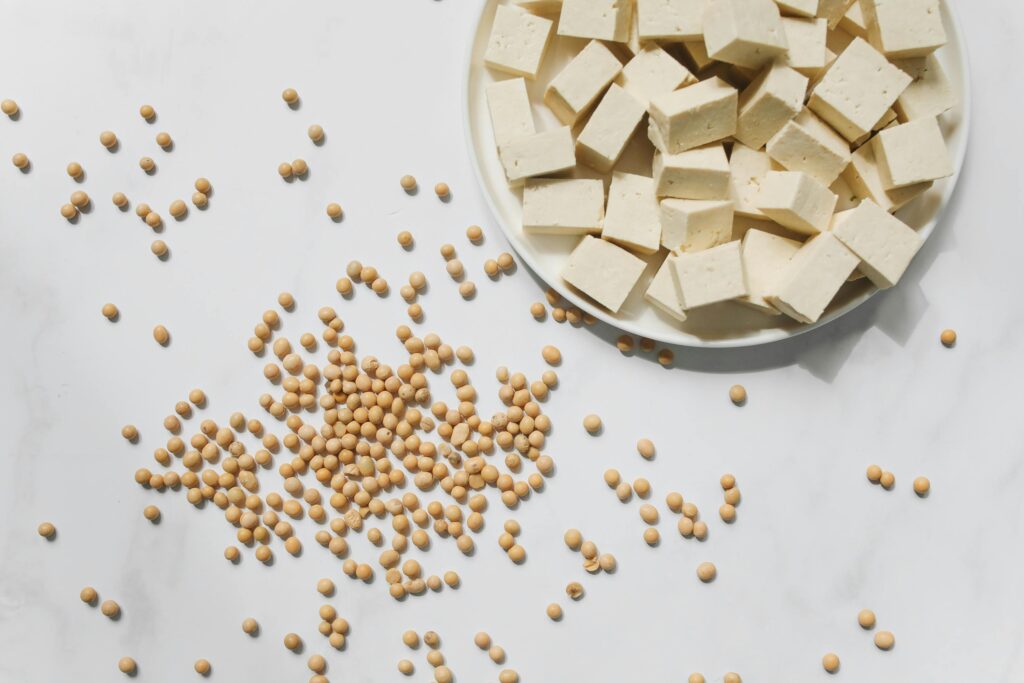
Useful Advice for Transforming
Making the switch to a plant-based diet can be easy with a few basic techniques. Begin by slowly incorporating more floral meals into your daily routine, try out new recipes, and ask for help from nearby vegan organizations or online communities. Always pay attention to your body, practice self-compassion, and acknowledge and appreciate each small step you take toward living a better, more loving life.
All the images are taken from pexel.com ,freepik.com and edited in canva.com.
Conclusion:
By adding these vegan recipes and food examples to your diet, you’ll not only improve your cooking skills but also provide your body the nutrition it requires to function at its best. By prioritizing nutrient-rich plant foods, athletes can fuel their bodies efficiently, enhance recovery, and achieve peak performance levels. Athlete like Virat Kohli serves as inspiration for athletes worldwide to explore the advantages of vegetative nutrition in their own life.
FAQs
Can a plant-based diet provide enough omega-3 fatty acids?
Yes, incorporating sources like flaxseeds, chia seeds, walnuts, and algae-derived supplements can supply ample omega-3 fatty acids for optimal health.
Are there any specific nutrients vegans need to be mindful of?
Yes, vitamin B12, vitamin D, iodine, and omega-3 fatty acids are nutrients that may require attention through fortified foods or supplements in a vegan diet.
Can athletes thrive on a plant-based diet?
Yes, many athletes have successfully adopted plant-based diets, finding they support optimal performance, recovery, and overall health when balanced with appropriate macronutrient intake and timing

